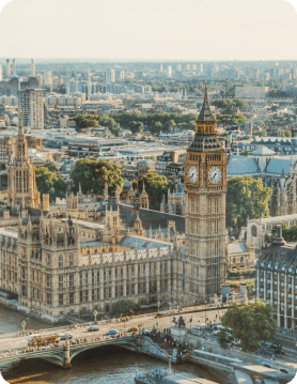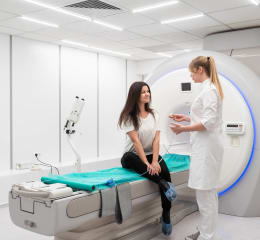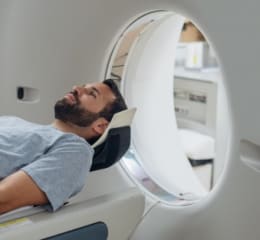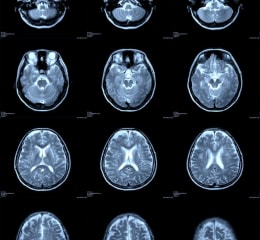Bone Density DEXA Scans
Are you at risk of osteoporosis? A DEXA scan can help you find out. Get a complete analysis of your bone density, two clinician consultations, and a report to help assess your risk of osteoporosis, fractures, and broken bones.
-
DEXA scan near you
-
No GP referral required
-
Fast digital results
-
UK's largest imaging network
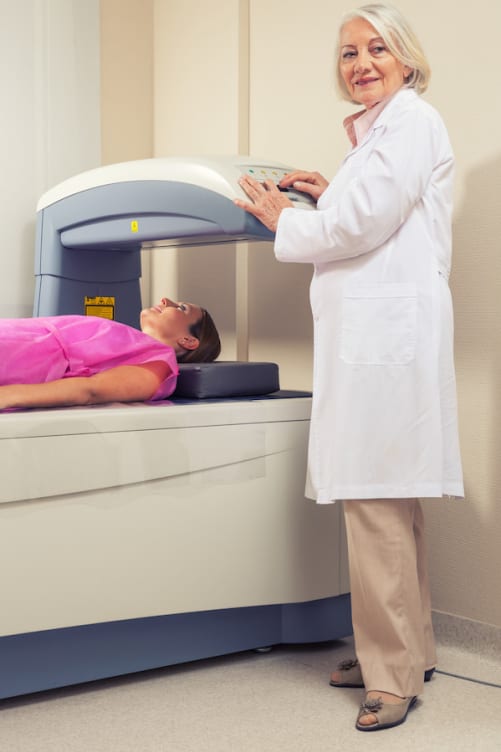
Not sure what you need?
Book a consultation call with our clinicians for expert scan advice for just £50. Plus, you'll get a no-obligation referral if imaging is recommended.
Go to consultation page








